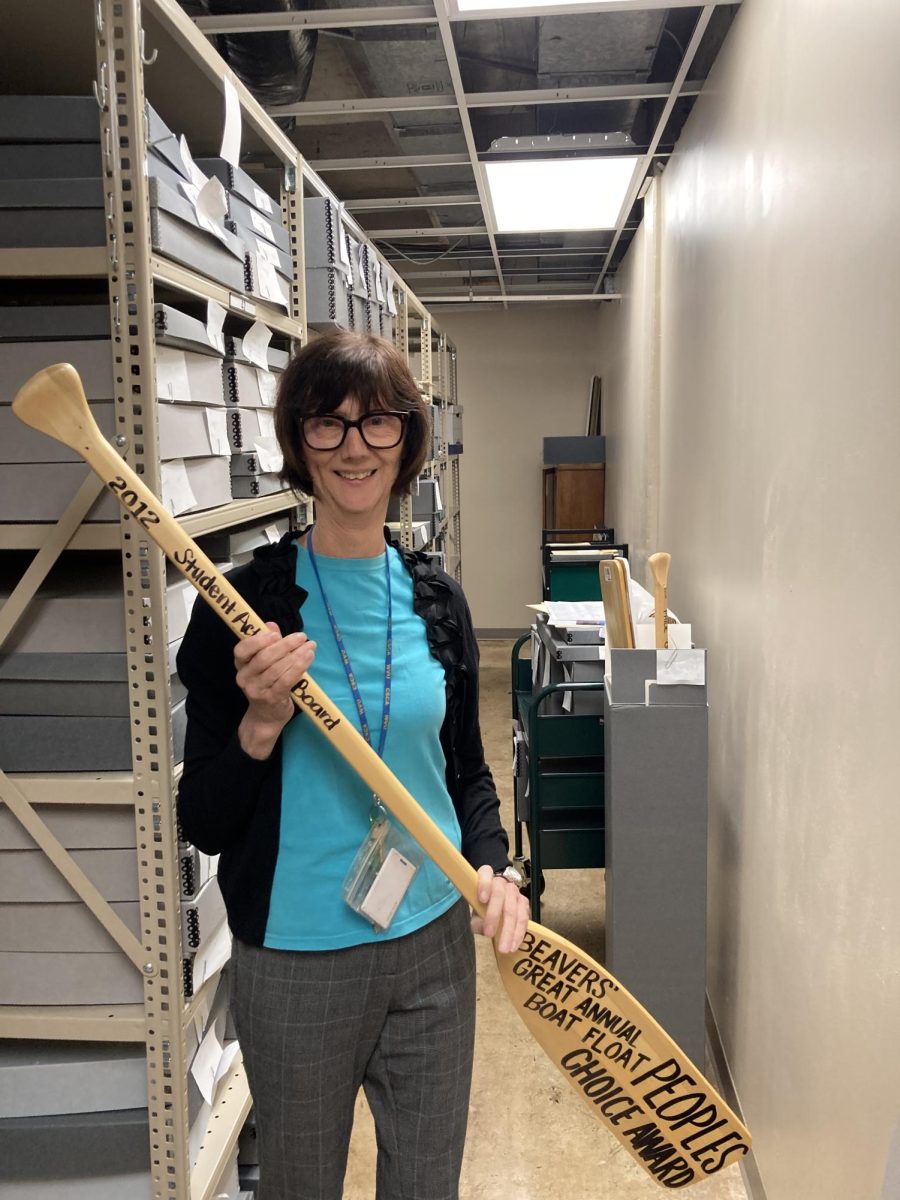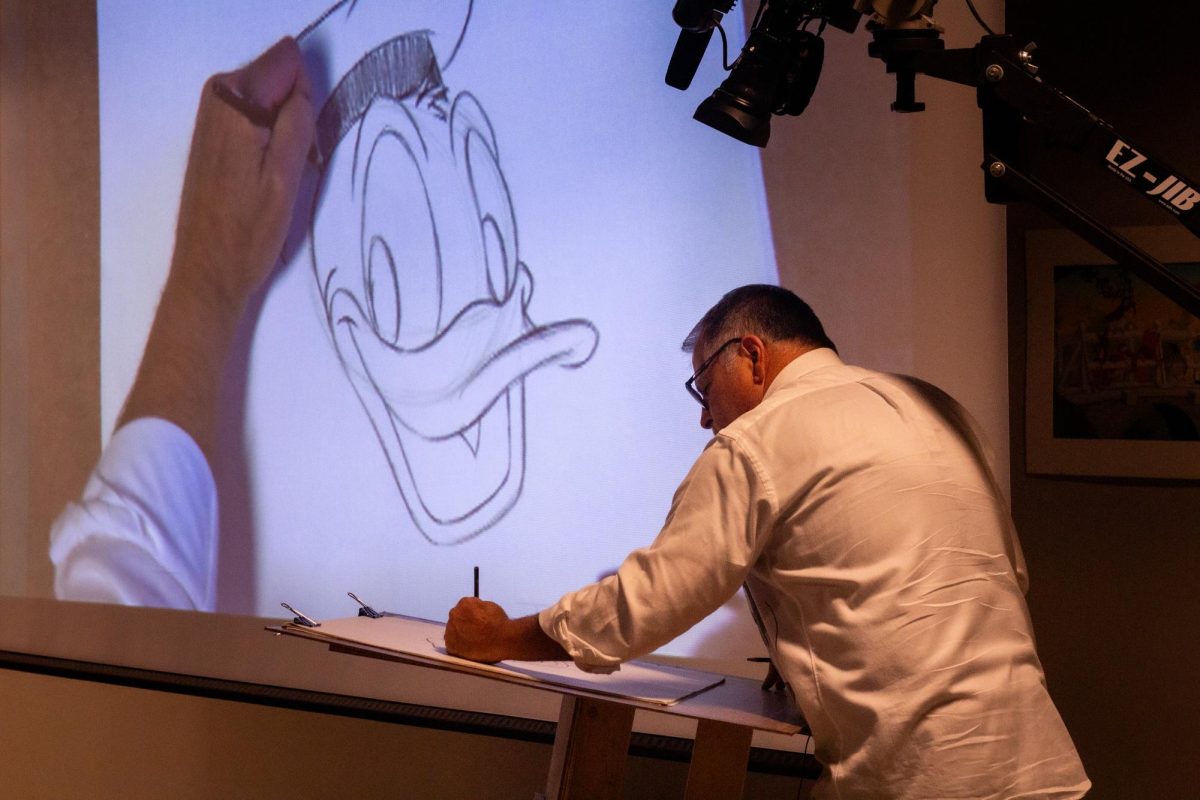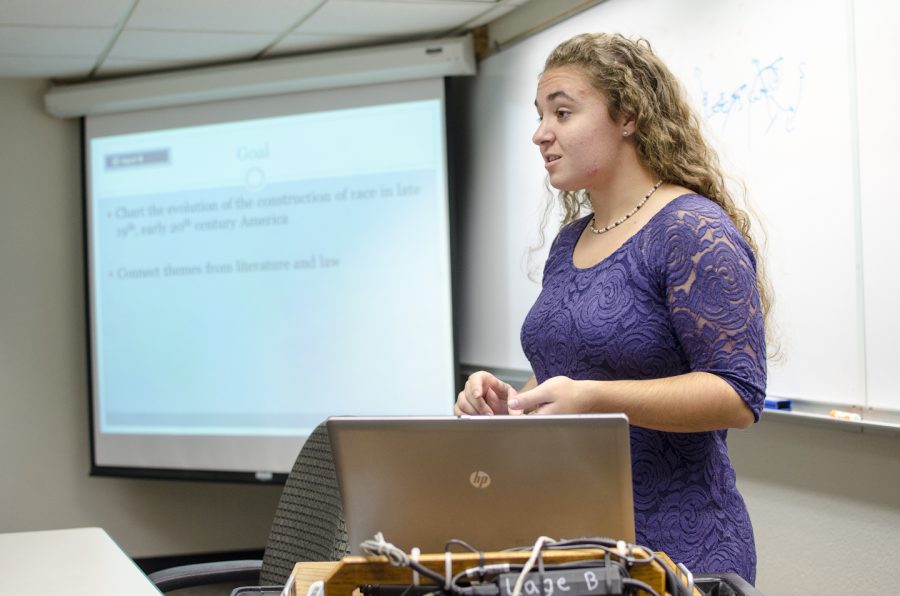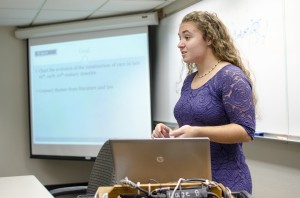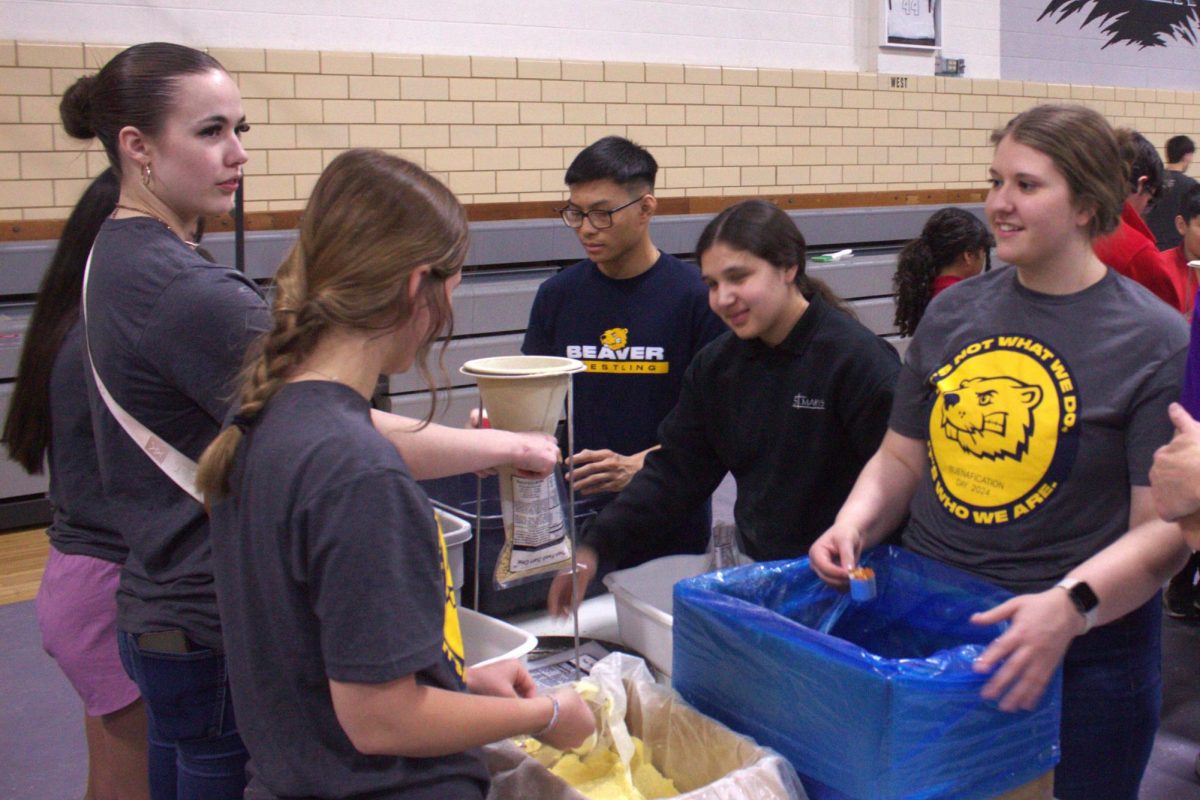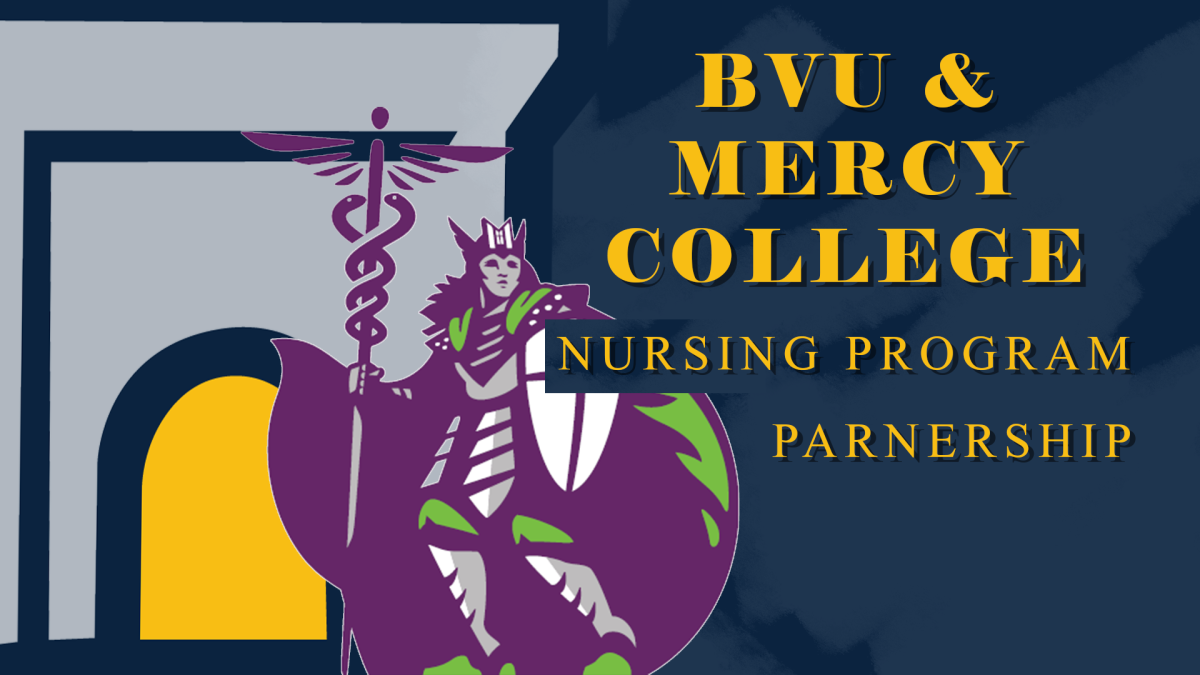Jairdin Engen | Assistant News Editor
On November 4th and 5th, seniors in BVU’s Honors Program gave presentations of their final capstone projects to their instructors and peers. Amanda Jamtgaard, Jennifer Welch, Kayla Hartmann, Emily DeWall, Tesia Posekany, and Elizabeth Heffernan showed off the culmination of over a year of planning, research, experimentation, and composition in order to educate and add to their field.
These presentations begin with the students’ acceptance into the BVU Honors Program. Students can enter the program either straight out of high school, as transfer students, or as students already taking classes at BVU. The criteria are slightly different for each method, but the program looks for people who have shown academic achievement and potential and who appear interested in learning and research.
“The honors program provides an opportunity for BVU’s highest achieving students to pursue academic engagement beyond the regular curriculum,” Honors Program Director and Assistant Professor of Communication Studies Dr. Bryan Kampbell said. “It’s about learning, it’s about an enriched academic experience. That’s probably the primary benefit of being in the Honors Program.”
In addition to an enriched experience, students in the honors program are allowed early registration, funding for research, a travel stipend, a designation on their transcript, and a medallion to wear at graduation. The capstone projects are the final and main focus of the Honors Program.
“I would say scholarly project is the heart of the honors program,” Kampbell said. Students start by spending a semester designing their project by working with a faculty mentor who either works in the student’s major or another area of interest. The student’s job is to create a proposal for their project. Senior Amanda Jamtgaard was one of the students who presented on November 4th.
“It started with the proposal,” Jamtgaard said. “So you write a proposal. [The Honors Committee] either approves or denies it.” The project topics can range from artistic to scientific to research-based and anything in between. The students are given the freedom to decide which avenue works best for them. After the acceptance of the proposal, the semester is spent working with their mentor completing the project.
“You get a lot more one-on-one attention with a faculty mentor,” Kampbell said. This is when students do their experiments and research. After the research is completed, the final semester is spent putting the finishing touches on their projects.
“Polishing their final paper and preparing an oral presentation is designed for a general audience,” Kampbell said. The paper and presentations are given to the Honors Committee, which is led by Kampbell and composed of a representative from each of the five schools.
The presentations are given to a gathering of students who are in the honors program and other faculty members, and the student presenters answer questions posed by the audience. “I was really nervous. I think the questioning was more nerve wracking than the presentation,” Jamtgaard said.
The three semesters are all taken as one credit hour classes, and Kampbell points out that the arrangement may be easier than if the project was completed all at once. “The fact that it’s long makes it more manageable. Imagine doing all of that in one semester. It would consume your life,” Kampbell said.
“But there’s a lot to be gained from sustained attention to a single project over the course of three consecutive semesters. It provides a level of engagement that’s hard to accomplish inside the structure of the regular curriculum.”
Photo by Makensie Brown



